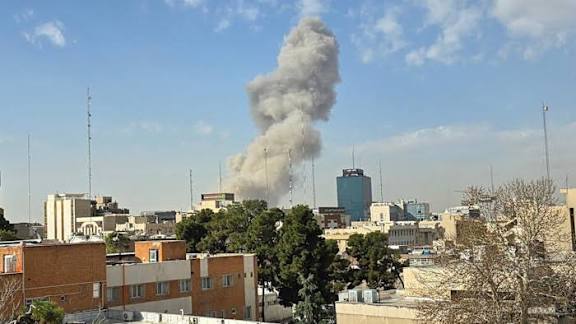THE ethical cost of Artificial Intelligence tools has triggered heated debates in the last few months. From chatbots to image generation software, advocates and detractors have been debating the technological pros and societal cons of the new technology.
In two recently-published reports, EuroMed Rights, Statewatch and independent researcher Antonella Napolitano have delved into the human and financial costs of AI in migration.
The reports uncover how the deployment of AI to manage migration flows actively contribute to the instability of the Middle East and North African region as well as discriminatory border procedures and the deaths of thousands each year.
The Middle East and North Africa region has been at the centre of European policies of externalisation of migration control for decades. Increasingly, surveillance technology plays a crucial role in the external dimension of migration.
However, surveillance technologies deployed in countries under the guise of fighting human trafficking, smuggling or anti-terrorism are often deflected from their initial use. Fragile democracies and authoritarian governments use them to curtail civic space and freedom of expression for activists, journalists and human rights defenders.
The recent negotiations between the EU and Tunisia have proven once again how the European and member states’ strategy remains unchanged: millions of euros in exchange of drones, patrol boats and helicopters to track migrants and curb migratory flows.
Security and military tools handed over to a country that is sliding back to authoritarianism, and where repression of civic space and democratic freedoms is escalating.
After all, Tunisia — as with other Maghreb countries — have received this kind of support through the European Trust Fund for Africa for years, for instance through the ongoing BMP-Maghreb project.



